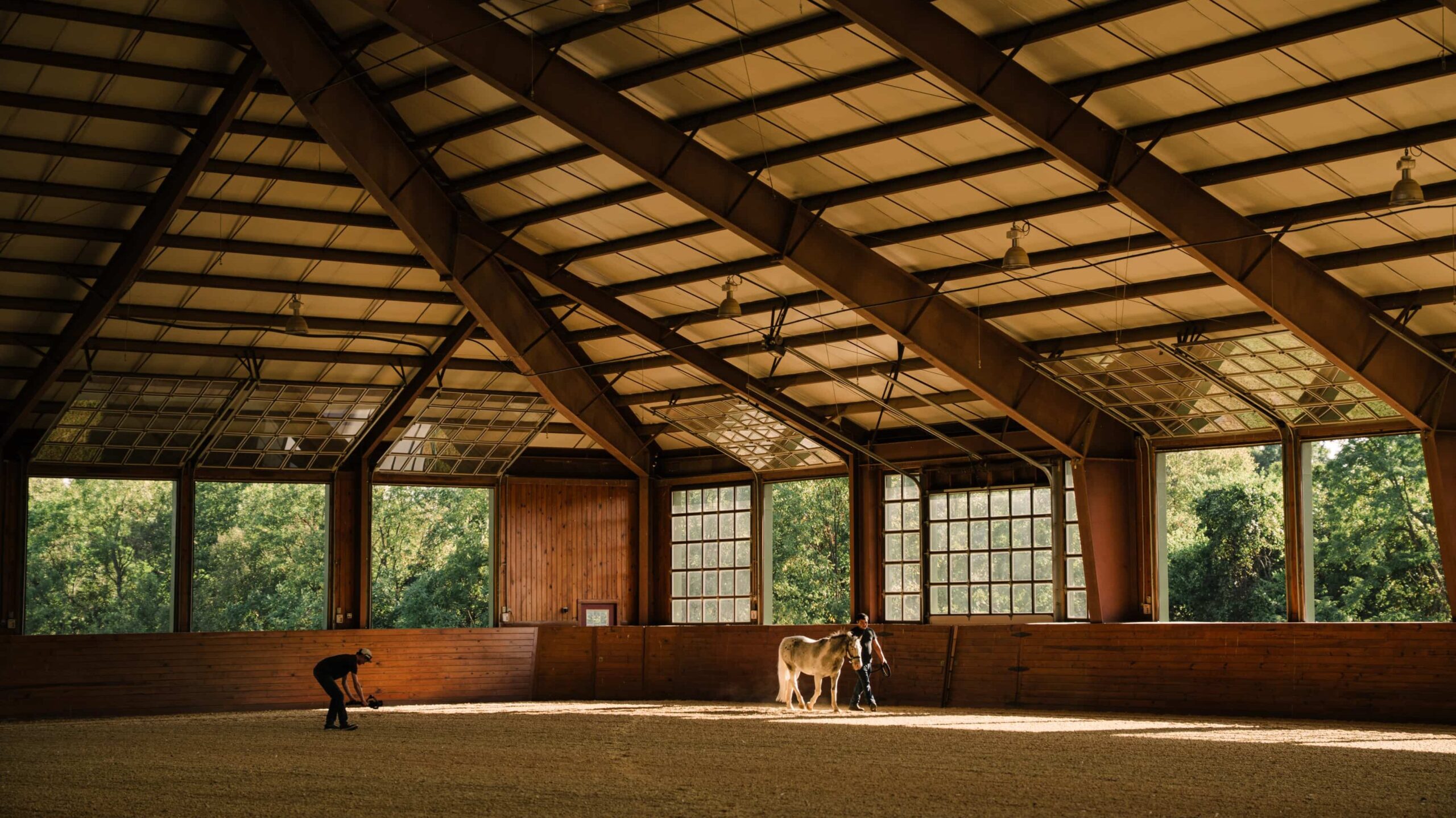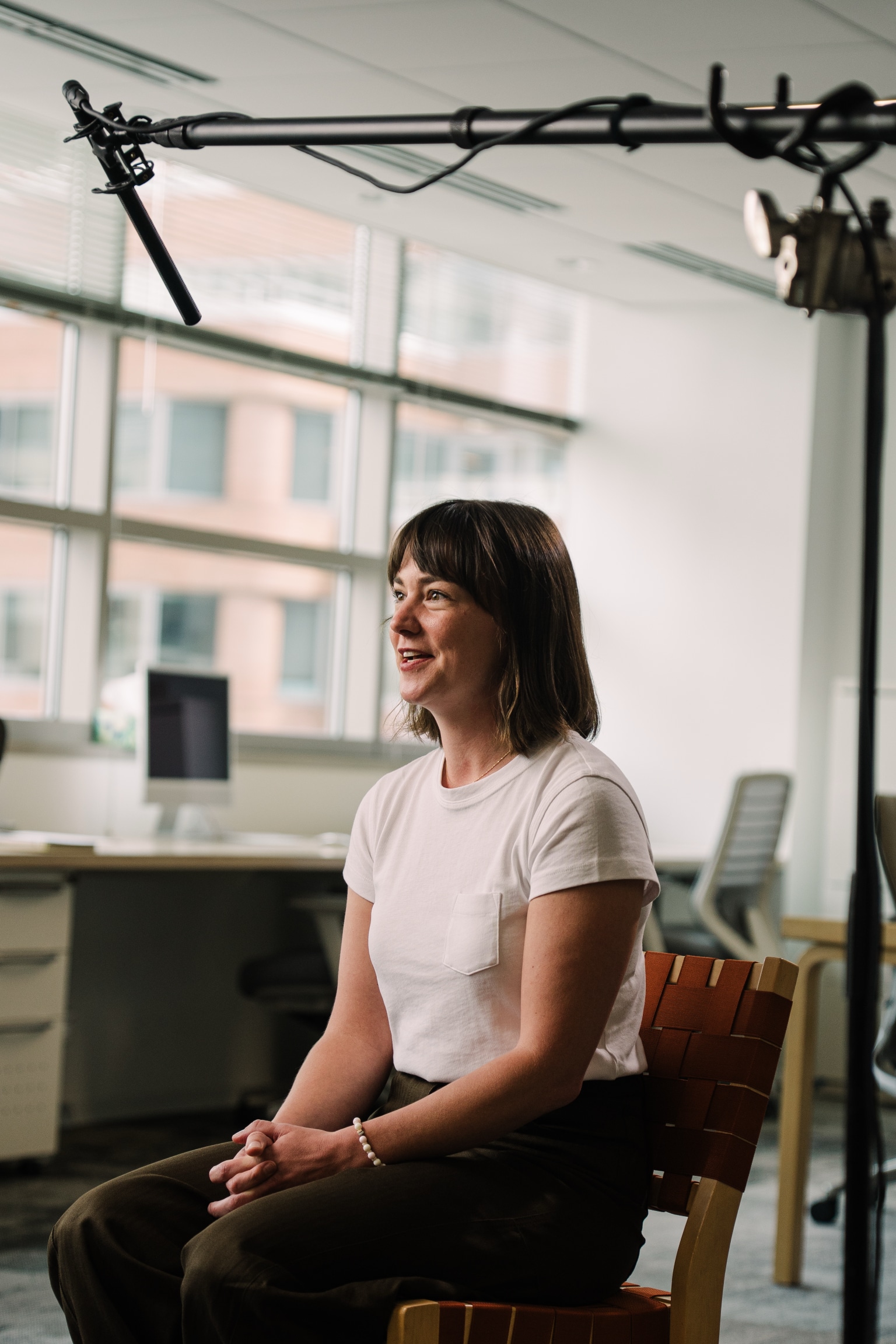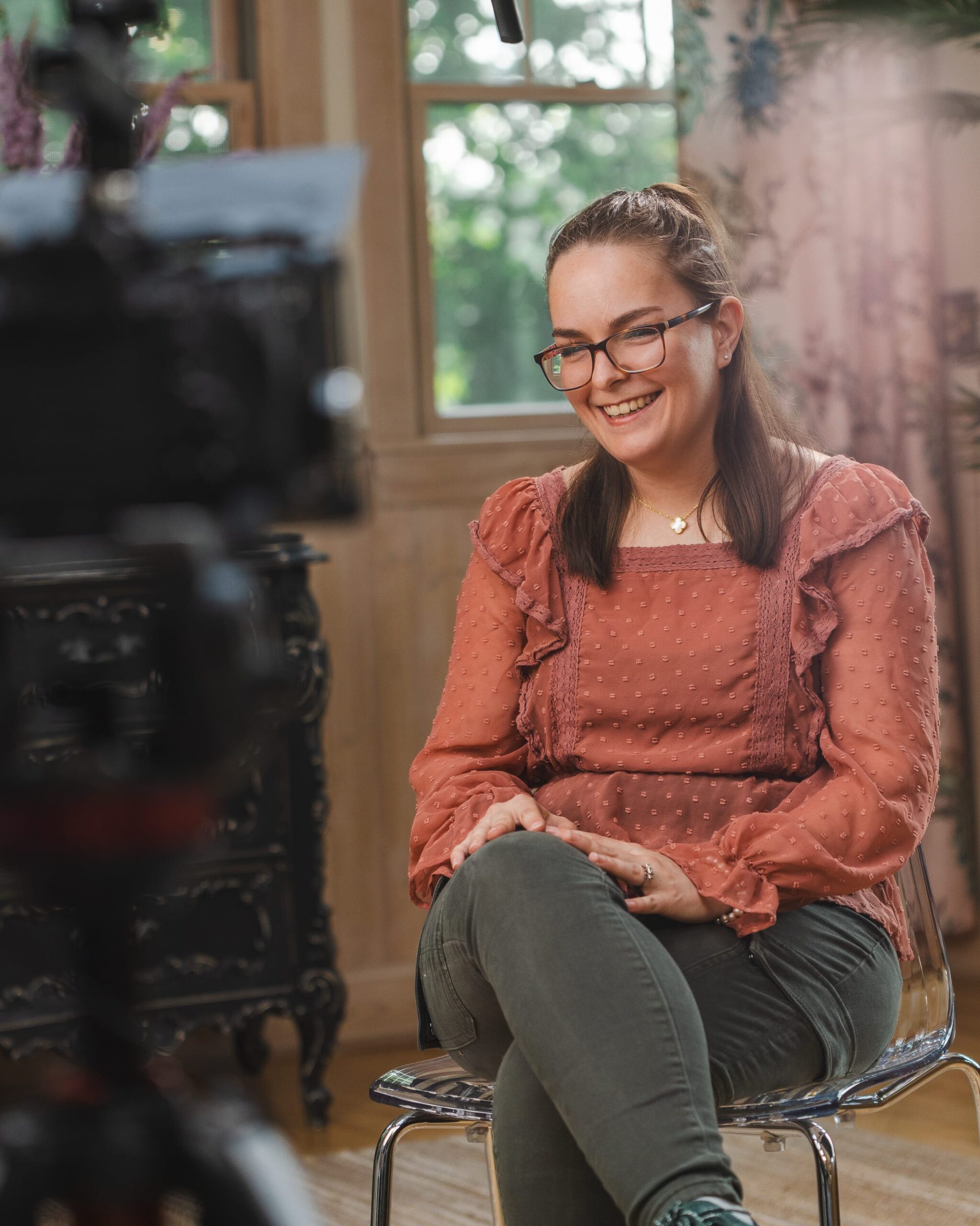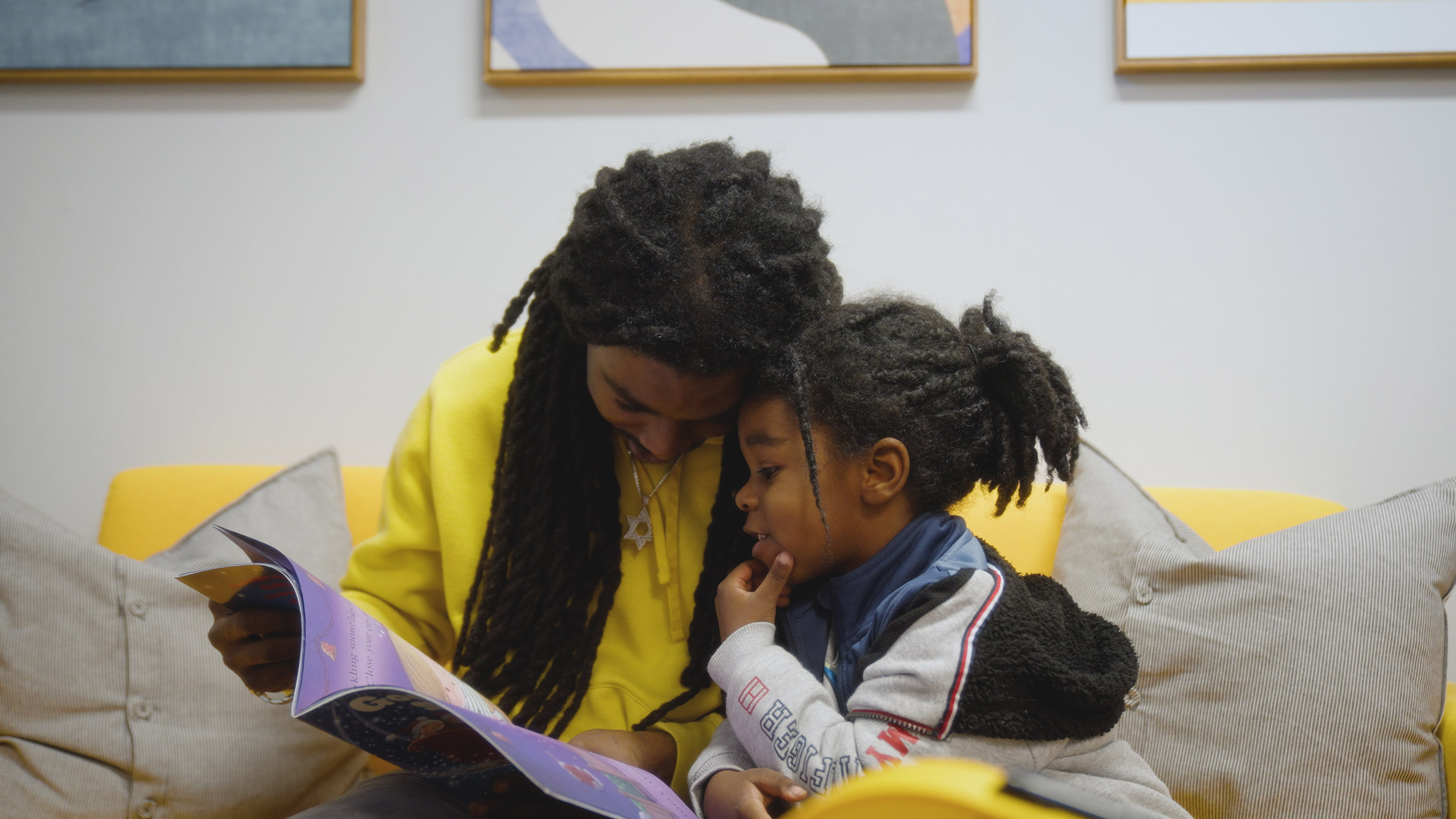Who’s Your Audience?
You’ve got a great idea for a video, but before you hit “record,” ask yourself one crucial question.
Who’s your audience?
It sounds simple, but this one decision is the foundation for everything else. If you don’t know who you’re speaking to, your message will be like throwing darts in the dark. Chances are, it’s going to miss the mark.
Remember the last time you saw a video that really hit home? Maybe it made you laugh, cry, or click that “share” button without a second thought. That wasn’t luck. It was intentional. The creators knew exactly who they were talking to and tailored the message just for that audience.
This post is all about why defining your audience is the most important step in creating a video that resonates and sticks.
When you know who your audience is, everything else, your tone, visuals, message, falls into place. Your video isn’t just a piece of content anymore. It’s a conversation. And conversations only work when you know who’s on the other side.
Why Knowing Your Audience is Key
One of the biggest mistakes brands make is trying to speak to everyone. The thought process is simple. “If I cast a wide net, I’ll catch more fish.” The reality? Casting too wide dilutes your message. Trying to appeal to everyone often means you connect with no one.
Imagine walking into a tailor’s shop to pick up a bespoke suit or a boutique for a custom dress. Everything fits just right, from the stitching to the fabric, because it was made with you in mind. That’s what your video should feel like for your audience. Custom-made, perfectly tailored, and designed to speak directly to them. When you create something with that level of intention, you build trust, connection, and lasting impact.
How to Build Your Audience Profile
To tailor your video, you need to understand who you’re speaking to. This isn’t about generic demographics. It’s about really getting into the details that define your ideal viewer. Here’s how to start:
- Demographics: Begin with the basics. Age, gender, location, and income level. Who is your ideal viewer?
- Pain Points: What challenges are they facing? What keeps them up at night? How can your video address these concerns?
- Motivations: What do they want? What drives them? Whether it’s solving a problem or fulfilling a desire, you need to understand what makes them tick.
- Values: What matters to them? Is it family, success, community, innovation? Knowing what they care about helps you craft a message that resonates on a deeper level.
For example, if your video is aimed at busy parents juggling careers and kids, they don’t have time for fluff. They need quick, effective solutions. Your video should get to the point fast and show that you understand the chaos they deal with every day.
On the other hand, if your audience is a group of young professionals eager to learn and grow, they might appreciate a video with more depth, something that challenges them intellectually and inspires action.
One Message : One Audience
Now, let’s address the common objection, “But I have more than one audience!” That’s perfectly fine. The key is not to cram all your audiences into one video.
Each audience needs its own message. When you try to talk to multiple groups at once, the message gets watered down. Think of each video like a letter to a specific person. The more personal it feels, the more likely it is to hit home.
You wouldn’t send the same thank-you note to your mom and your boss, right? Each one deserves their own message, and so does each audience.
Real-World Examples
Some of the most successful video campaigns know exactly who they’re speaking to. Take Apple, for instance. Their commercials don’t just sell a product. They speak to a specific kind of person. The creative, the visionary, the person who “thinks different.” Apple’s videos are so effective because they speak directly to their tribe, and the tribe responds.
On the flip side, imagine a luxury brand trying to appeal to bargain hunters. It doesn’t work because the values and expectations of each audience are wildly different. A brand that knows its audience sticks to that lane, and they see the payoff in loyalty and engagement.
Let’s Get Practical With It
It’s time to build your audience profile. Ask yourself these questions:
- Who are they? What are their basic demographics? Age, gender, location?
- What keeps them up at night? What problem can your video solve for them?
- What motivates them? What drives them to take action?
- What do they care about? What are their values, and how can your video align with those?
Once you have that profile in mind, use it as a guide for every decision in the video process. Your tone, visuals, music, all of it should be tailored to fit this audience, just like a custom-made dress.
Where Storytelling Begins
Knowing your audience is the foundation of great storytelling. It allows you to create videos that feel like personal messages rather than broadcasts, videos that speak directly to the hearts of the people who matter most. When you know your audience, you can move them, inspire them, and connect with them on a deeper level.
And that’s where the magic of video storytelling really begins.
👉 Read Question #2: Where Will They Be Watching?
READ LATEST
the
we're storyteller studios
documentary-style film for brands & causes
In 2013, we started leveraging the power of documentary-style film for brands and causes in our hometown of Springfield, Illinois (hence our affinity for Lincoln).
Since then, we’ve worked with clients nationally and traveled to cities including Chicago, St. Louis, Kansas City, Indianapolis, Louisville, and Des Moines.
No matter where you are, we’d be honored to serve your brand next.
featured post
3 Must-Have Ingredients for Marketing Videos That Work
Every effective marketing video relies on three essential ingredients that make it resonate with audiences and drive results—discover what they are and how they can make your next video project a success.




